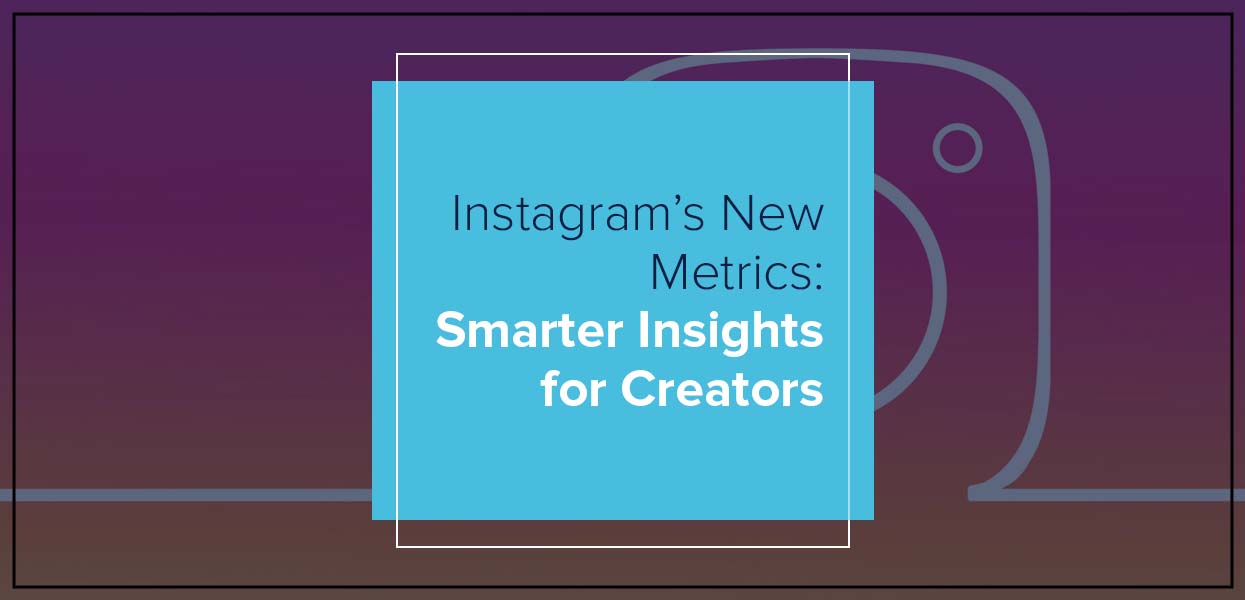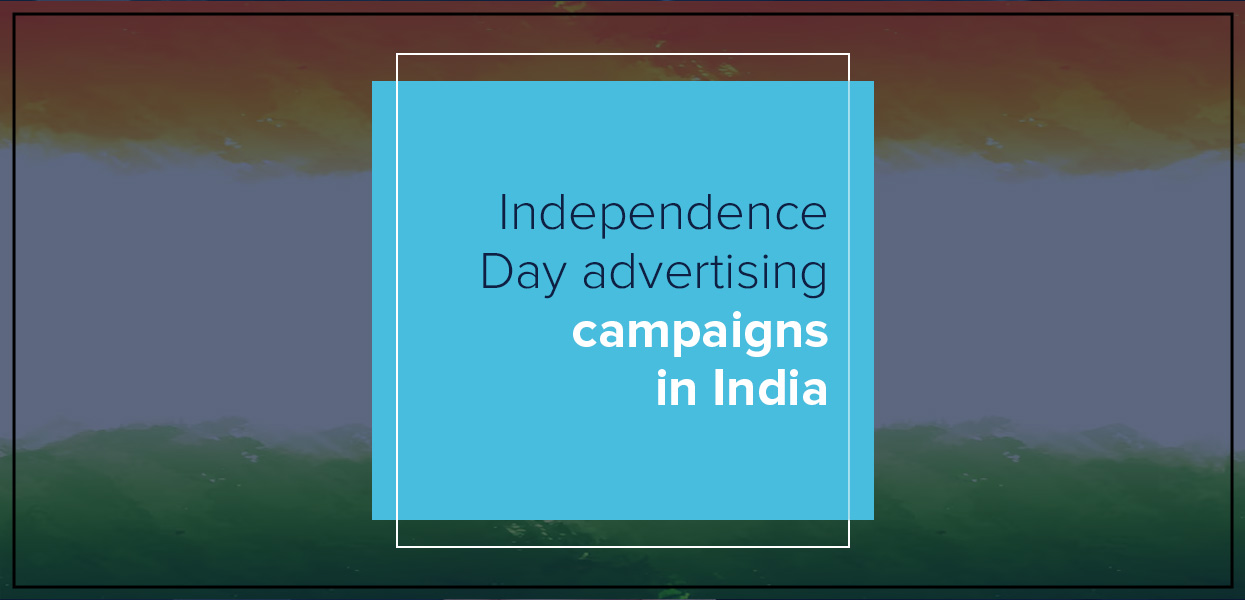How to create a Google Ads agency account

To create a Google Ads manager account (MCC), you'll first need a Google account and then navigate to the Google Ads manager account homepage. Follow the steps outlined to create a new manager account, providing necessary information like name, intended use, country, timezone, and currency. You can also create new Google Ads accounts directly from within your manager account.
For any digital marketing expert, business consultant, or Google Ads agency, a manager account is the foundation for running and scaling ad campaigns across multiple clients. Also known as a Google Ads agency account, this powerful dashboard helps streamline campaign management, improve collaboration, and optimize performance all in one place.
Whether you’re starting out as a marketing expert managing your first few clients or building a full-service digital agency, understanding how to set up and use a Google Ads manager account is essential. In this blog, we’ll guide you through the process step by step—from setting up your agency account and running a successful Google Ads campaign, to understanding cost-per-click (CPC) and doing smart competitor analysis. With the right strategy, tools, and insights, you can unlock better ROI and grow your clients’ online presence effectively.
What Does a Google Ads Agency Do?
A Google Ads agency helps businesses grow online by creating, managing, and optimizing their pay-per-click (PPC) campaigns on Google. These agencies are often led by digital marketing experts or certified business consultants who understand how to drive targeted traffic, increase conversions, and maximize ad budgets.
From setting up search, display, shopping, or video campaigns to conducting in-depth keyword research and writing compelling ad copy, a Google Ads agency takes care of the entire process. They also monitor campaign performance, adjust bidding strategies, and provide detailed reports to ensure clients see measurable results.
Whether it’s a small business looking for leads or a large enterprise aiming for brand visibility, a professional agency uses data-driven insights to deliver results. For clients, this means less guesswork and more growth, powered by experts who understand how to make Google Ads work effectively.
How Does a Google Ads Campaign Work?
A Google Ads campaign helps you show your ads to the right people at the right time. It runs on a pay-per-click (PPC) model, meaning you pay only when someone clicks your ad. This system allows businesses and digital marketing experts to drive targeted traffic and measurable results. Here's how the process works:
Choose a Campaign Goal
Start by picking your main goal—whether it’s increasing sales, getting more leads, driving traffic to your website, or creating brand awareness. Your goal will shape how your campaign is set up, what kind of ads you run, and how success is measured.Select the Campaign Type
Google Ads offers several formats depending on your objective:Search Campaigns show text ads on Google Search results.
Display Campaigns place visual ads across websites and apps.
Video Campaigns run short videos on YouTube.
Shopping Campaigns promote your products in search results.
Performance Max uses automation to run ads across all Google channels.
Each type reaches users in different ways, so choosing the right one is key to success.Target the Right Audience
Google Ads allows precise audience targeting. You can show your ads to users based on their location (country, city, radius), language, age, gender, and interests. You can also use keywords to target specific search terms. This ensures your ads reach the people most likely to take action.Set a Budget and Bidding Strategy
You decide how much you're willing to spend each day or month. Then, choose how Google should manage your bids—manually or automatically. Bidding strategies like Maximize Conversions, Target CPA, or Manual CPC help you control how your budget is used to get the best results.Create Engaging Ads
Write clear, attention-grabbing headlines and descriptions. Ensure your ad explains what you're offering and includes a call-to-action like “Buy Now” or “Get a Quote.” Link your ads to a landing page that matches the ad message and makes it easy for users to convert.Track and Optimize
After your campaign is live, monitor its performance using Google Ads reports and tools like Google Analytics. Look at metrics such as impressions, clicks, conversions, and cost per click. Based on these insights, keep adjusting your ads, keywords, and bids to improve results.
Whether you're a business consultant setting up campaigns for clients or a business owner doing it yourself, knowing how Google Ads works is the first step to creating successful campaigns that drive real value.
How to Run a Google Ads Campaign
Running a Google Ads campaign the right way can make all the difference between wasted budget and quality leads. Whether you’re a marketing expert, a business consultant, or a small business owner, following a structured process helps you get the best results from your ad spend.
Here’s how to run your campaign step-by-step:
Set Up Your Google Ads Account
Go to ads.google.com and sign in with your Google account. You’ll need to fill in basic business details like your website URL, billing information, time zone, and currency. Once that’s done, you can start building your first campaign.Define Campaign Settings
Choose the right campaign type based on your goal (Search, Display, Video, etc.). Then, configure settings like locations you want to target, preferred languages, and the networks (Google Search or Display Network) where your ads will appear.Build Ad Groups with Relevant Keywords
Break your campaign into ad groups focused on specific themes or services. For each ad group, select a group of tightly related keywords. Tools like Google Keyword Planner help you find keywords based on relevance, search volume, and competition.Write Effective Ads
Each ad should have a compelling headline, a relevant description, and a clear call-to-action. Make sure your ad matches the keywords in the group and links to a landing page that offers a smooth user experience. Use ad extensions to add more useful info like phone numbers or site links.Set Bids and Budget
Decide on your daily or monthly budget. Then pick a bidding strategy, such as:Manual CPC – You set the cost per click.
Maximize Conversions – Google auto-bids for more conversions.
Target CPA – Aimed at getting conversions at a specific cost.
Adjust these based on your goals and how much control you want over spending.Launch and Monitor Performance
Once everything is ready, launch your campaign. Use Google Ads reports to track impressions, clicks, conversions, click-through rates (CTR), and Quality Score. This helps you understand what’s working and what needs improvement.Optimize Regularly
A good campaign isn’t set-and-forget. Keep testing different ad copies, pausing underperforming keywords, and adjusting bids. The more you analyze and tweak, the better your return on ad spend (ROAS).
By following these steps, any digital marketing professional or business can run a campaign that not only drives traffic but also leads to actual results.
How Much Does Google Ads Cost Per Click?
One of the most common questions businesses and digital marketing experts ask is: How much does a Google Ads click cost? The answer is—it depends.
There’s no fixed price per click on Google Ads. Instead, the platform uses a bidding system. You compete with other advertisers who want to show their ads for the same keywords. Here's what affects your cost per click (CPC):
Industry & Competition
Some industries like law, insurance, or real estate have high competition, which means a higher CPC. Niche industries or local services often have lower costs.Keywords You Choose
Highly searched keywords with commercial intent tend to cost more. For example, “buy running shoes online” will cost more than “how to start jogging.”Location Targeting
Costs also vary by location. Bidding for ads in big cities or competitive regions can raise your CPC compared to smaller towns.Ad Quality & Relevance (Quality Score)
Google rewards good ads. If your ad and landing page are relevant, useful, and provide a good user experience, Google gives you a better Quality Score. A high score can lower your CPC, even if competitors bid more.Bidding Strategy
If you're using automated bidding like “Maximize Clicks” or “Target CPA,” Google adjusts bids based on your goals. Manual bidding gives you more control but needs regular monitoring.
Average CPC Range (just for an idea):
E-commerce: ?5 – ?30 per click
Education: ?10 – ?100 per click
Finance/Law: ?50 – ?500+ per click
Note: These are estimates. Your actual costs will vary.
Even if you're a beginner or a business consultant managing campaigns for clients, understanding what affects CPC helps you plan your budget better. With smart targeting and high-quality ads, you can keep your cost per click low and get better results.
How to Do Google Ads Competitor Analysis
Want to make your ads stand out? Then you need to know what your competitors are doing. Whether you're a marketing expert, business consultant, or a business owner running your own campaigns, competitor analysis helps you improve your strategy, discover missed opportunities, and get better results.
Here’s how to do Google Ads competitor analysis effectively:
Identify Your Competitors
Start by searching your target keywords on Google. The ads that appear at the top are your direct competitors. Note who they are, what they’re offering, and how their messaging is structured.Use Auction Insights
Google Ads has a built-in tool called Auction Insights. It shows:Who else is bidding on the same keywords?
How often their ads show up compared to yours (Impression Share).
Their average position.
Whether they overlap with you in auctions.
This gives you a clear view of how competitive the space is and where you stand.
Study Their Ad Copies and Extensions
Look at your competitors’ ad headlines, descriptions, and any ad extensions (like call buttons or sitelinks). Analyze:What tone they use (formal, urgent, casual).
Their offers (discounts, free trials, fast delivery).
CTAs (e.g., "Buy Now", "Get a Quote", "Try Free").
This helps you write better, more compelling ads.
Check Landing Pages
Click on competitor ads (don’t do this repeatedly, just for research) and study their landing pages. Are they fast, mobile-friendly, and clear about what they offer? A great ad means nothing if the landing page doesn’t convert.Use Third-Party Tools
Tools like SEMrush, SpyFu, Ahrefs, or SimilarWeb help you go deeper. You can track competitor keywords, ad history, and even estimate their ad spend.Find Gaps & Opportunities
Competitor analysis isn’t just copying—it’s about finding gaps. Maybe they aren’t using local targeting, or their landing page takes too long to load. That’s your chance to improve your campaign and attract more clicks at a lower cost.
Understanding your competition is key to running a successful Google Ads campaign. By regularly reviewing what others in your niche are doing, even a digital marketing consultant can fine-tune ads, improve targeting, and deliver better ROI.
Conclusion
To create a Google Ads manager account and run successful campaigns, you need more than just a budget—you need a clear plan. From setting up your account to targeting the right audience, writing strong ads, and learning from your competitors, every step helps you get better results.
Whether you're a business consultant, marketing expert, or just starting out, understanding how Google Ads works can give your brand the online push it needs. Keep learning, improving, and staying ahead.
For more digital marketing knowledge and practical tips, keep following Uniworld Studios – where strategy meets success.
FAQs
How to create an agency ad account?
Sign up for a Google Ads Manager Account (MCC) using your Google account.
What is a Google Agency account?
It's a Google Ads Manager Account that lets agencies manage multiple client accounts in one place.
How do I give an agency access to my Google ad account?
Go to your Google Ads account, click “Access and Security,” then invite the agency using their email with admin or standard access.
What is a Google ad agency?
A Google ad agency is a company that creates, manages, and optimizes Google Ads campaigns for businesses.
What is the cost of Google ad agency?
Costs vary, but agencies typically charge a monthly fee or a percentage of ad spend, starting from ?10,000 or more per month.
Categories
- Digital Marketing
- Website Development
- Graphic Design
- Content Writing
Latest Posts
-
- Essential Marketing & Advertising Keywords 2025



